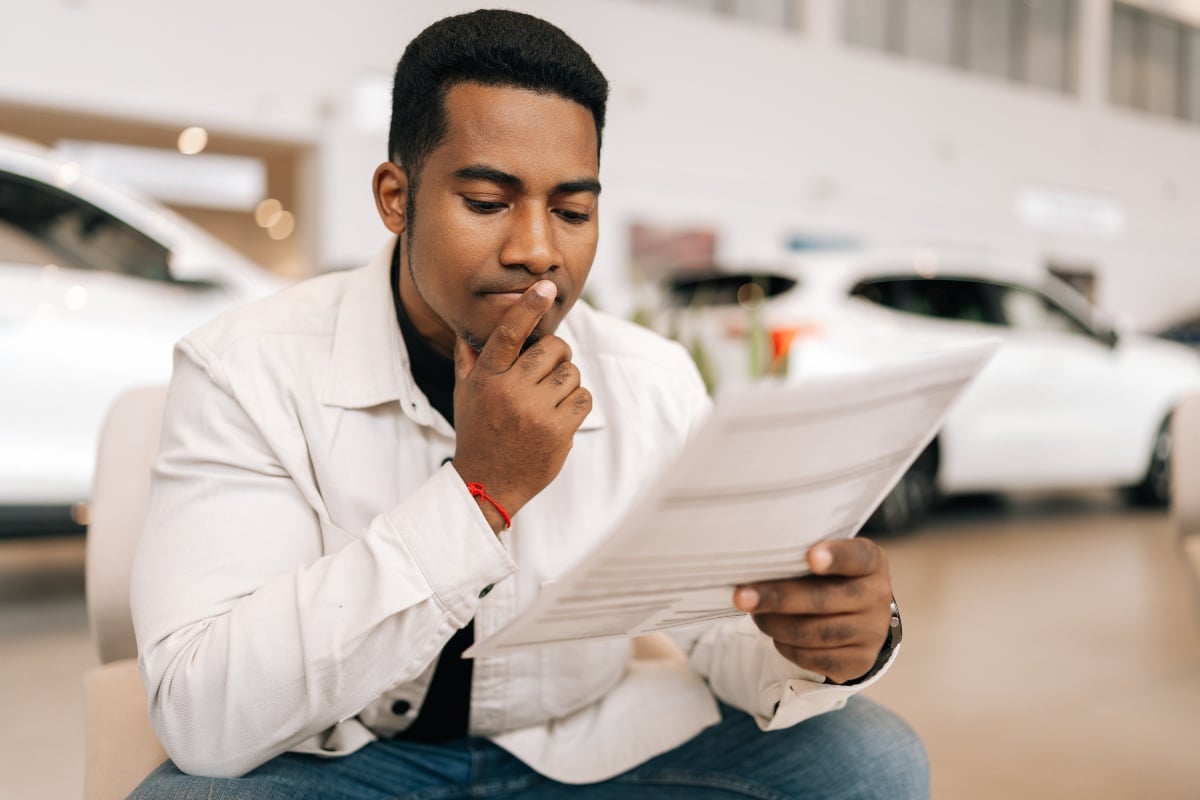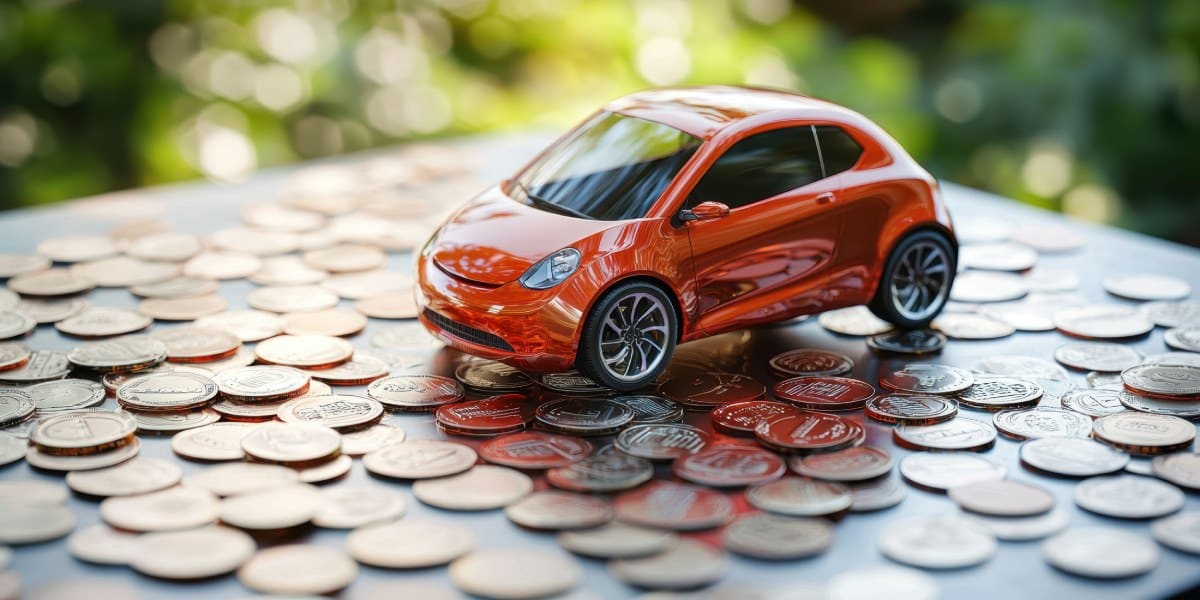The South African second-hand car market is always a hive of activity, with locals taking advantage of buying or selling a used car privately or through various platforms and dealerships. But whichever avenue you pursue, the process involves a series of steps to ensure that ownership transfers legally, smoothly, and efficiently.
Those selling a car have different paperwork admin duties than those buying a car. The seller must remove the vehicle from their name to avoid future liabilities like fines. The buyer must then complete the transfer by submitting the necessary documents, including the RLV form, to the licensing office within 21 days and paying the required fees to register the vehicle in their name.
Here’s a straightforward guide on the process, from paperwork and costs to responsibilities as a buyer or seller.
#1 Obtain a Roadworthy Certificate (RWC)
In South Africa, an RWC is required for all second-hand car sales. This certificate ensures that the car’s mechanical health is up to scratch and meets safety standards. It also covers essentials like brakes, lights, and tyres.
- Who is responsible? Typically, the seller arranges and pays for the RWC, but both parties may negotiate this.
- Where to get it? An RWC can be obtained from any approved vehicle testing station across South Africa. The test usually takes about an hour, with fees ranging between R500 and R700, depending on the station.
#2 Gather essential documentation
For ownership transfer, both the buyer and the seller must have specific documents ready. This documentation validates the transaction and ensures both parties fulfil their responsibilities.
- For the seller: ID document, proof of address, the car’s registration certificate (or logbook), and RWC.
- For the buyer: ID document, proof of address, and a completed Application for Registration and Licensing of Motor Vehicle form (also known as Form RLV).
Both parties must also make sure their FICA (Financial Intelligence Centre Act) documentation is in place. This means providing proof of identity and residential address to meet South African anti-money laundering regulations.
If your car is financed, this infographic will clarify the steps for you.
#3 Complete the Change of Ownership forms
Both parties must complete the Notification of Change of Ownership (NCO) form. This form is essential for updating records at the licensing authority. The seller must fill in their section of the NCO and submit it, after which they will receive a notification to confirm they are no longer the registered owner.
#4 Settle outstanding traffic fines
All outstanding fines linked to the vehicle must be paid before transfer. The seller should verify this by checking on platforms like PayCity or directly through their local licensing office. Any outstanding penalties on the vehicle can delay or prevent the transfer of ownership.
#5 Visit the Licensing Department
Ideally, the buyer and seller should visit a Licensing Department that handles car licensing. In some cases, only the buyer may need to be present, but both parties’ details and documents will be required.
Key steps at the Licensing Department:
- Submit the NCO form: The seller is officially unlinked from the vehicle once submitted.
- Register the vehicle in the buyer’s name: The buyer must provide the RLV form, pay any relevant fees, and wait for confirmation that the vehicle is registered in their name. Vehicle registration fees typically range from R500 to R1,500, depending on the province and vehicle weight.
#6 Transfer Insurance
Both parties should coordinate to transfer insurance coverage without any gaps. The seller should confirm with their insurer when the vehicle has changed hands, while the buyer should arrange for their insurance to activate as soon as they gain ownership.
Final checklist for a smooth ownership transfer:
- For the seller:
- RWC certificate and other documentation
- Paid fines
- Completed NCO form
- Confirmation of sale details with the insurance company
- For the buyer:
- RLV form and required documents
- Transfer fees for registration
- Comprehensive insurance for immediate cover after purchase
Trust Weelee to guide you through the process
Buying or selling a second-hand car in South Africa involves a government-structured process with crucial responsibilities for both parties.
Our Weelee sales and customer service teams are well-versed in the steps, hoops, and paperwork required for a change of car ownership. Whether you are buying or selling a used car, we will guide you through each step to ensure the sale is quick, efficient, and hassle-free.




